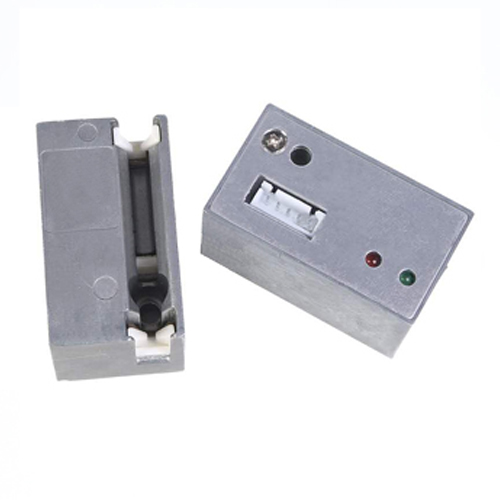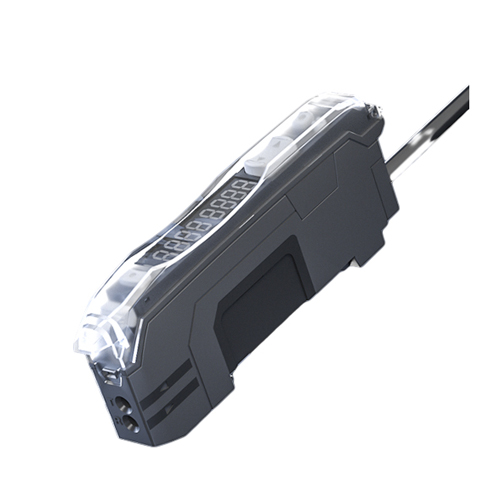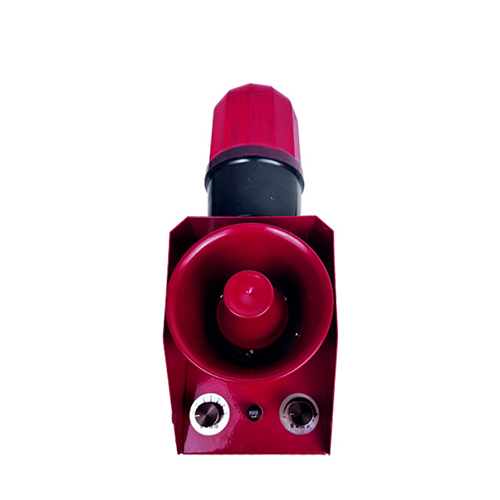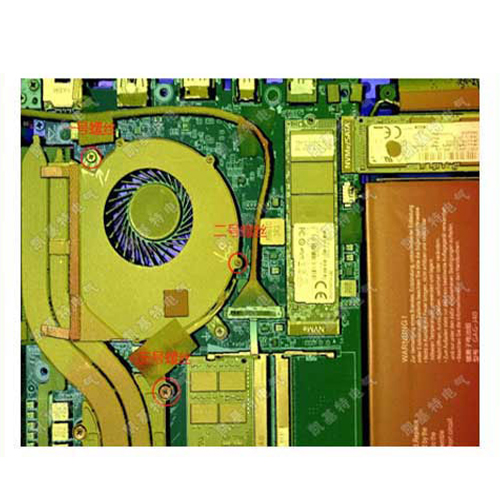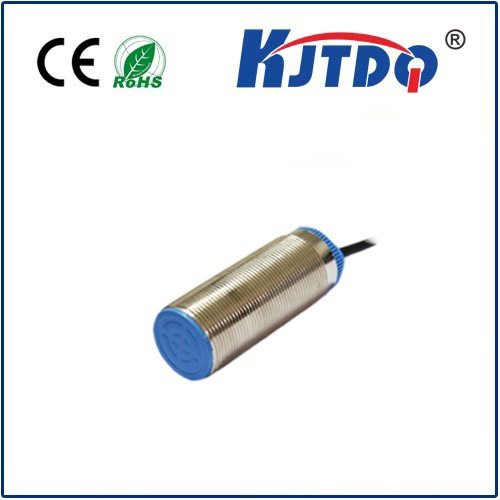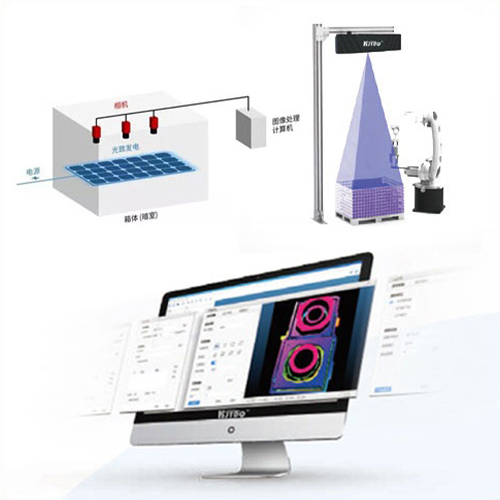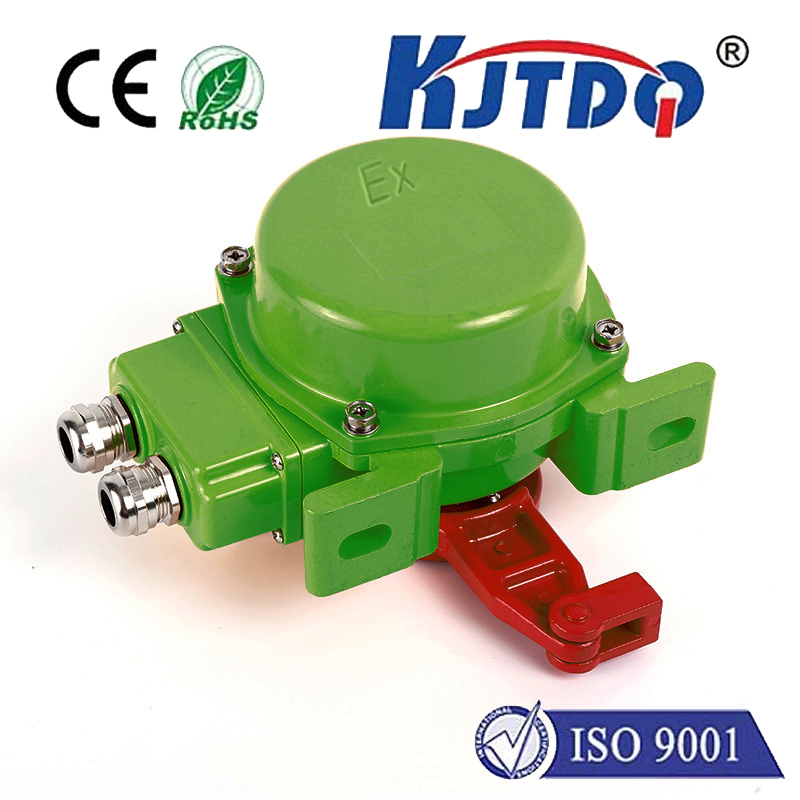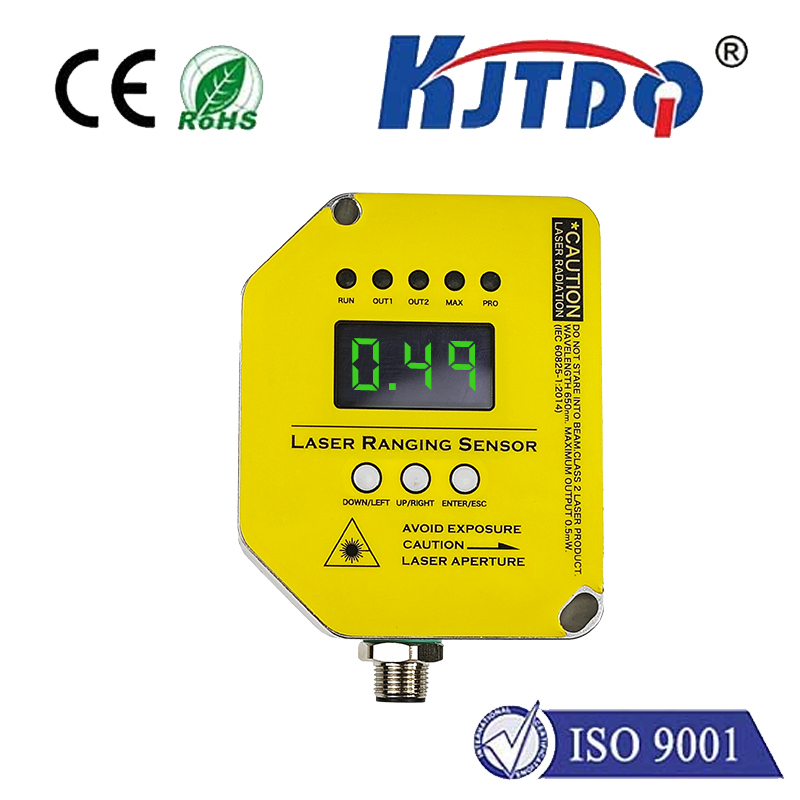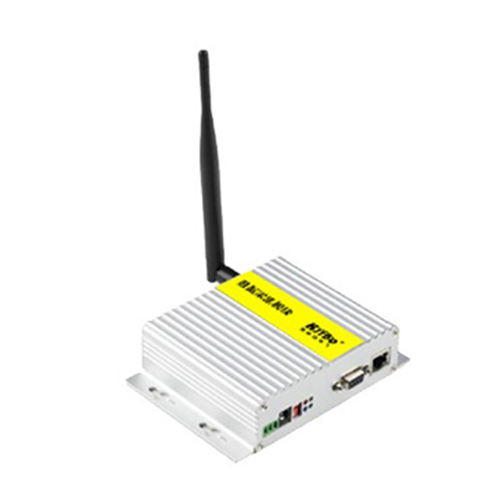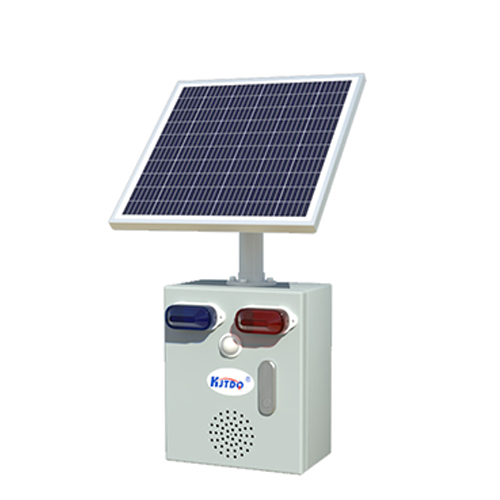

check

check

check

check

check

check

check

check

check

check
Laser Diffuse Sensor: A Revolutionary Tool for Precision Measurement
The advent of technology has paved the way for numerous advancements in various fields, including measurement and sensing. Among these developments is the laser diffuse sensor, a revolutionary tool that promises unprecedented accuracy and precision in measuring distances and detecting objects. In this article, we will delve into the world of laser diffuse sensors and explore their unique features and applications.
What is a Laser Diffuse Sensor?
A laser diffuse sensor is an optical device that uses laser light to measure distances and detect objects. It works by emitting a laser beam towards a target surface, which then reflects the light back to the sensor's receiver. By analyzing the reflected light, the sensor can determine the distance between itself and the object or surface being measured. This technology offers several advantages over traditional methods of measurement, such as increased accuracy, faster response times, and reduced susceptibility to environmental factors like fog or dust.

Key Features of Laser Diffuse Sensors
One of the key features of laser diffuse sensors is their ability to provide highly accurate measurements. Unlike conventional sensors that rely on mechanical parts or ultrasonic waves, which can be affected by external factors, laser diffuse sensors use advanced algorithms to calculate distance based on the time it takes for light to travel between the sensor and the target surface. This ensures that the measurements are precise and reliable, even in challenging environments.
Another important feature of laser diffuse sensors is their flexibility in terms of target surfaces. These sensors can measure distances to a wide range of materials, including metals, plastics, glass, and textiles. They are also capable of detecting transparent objects, such as glass or plastic bottles, which can be challenging for other types of sensors. Additionally, laser diffuse sensors are immune to color variations in the target surface, making them suitable for applications where color consistency cannot be guaranteed.
Applications of Laser Diffuse Sensors
Laser diffuse sensors have numerous applications across various industries, including manufacturing, automotive, construction, and logistics. In manufacturing, they are used for quality control processes, such as inspecting the dimensions of products or monitoring assembly lines for defects. In the automotive industry, they play a crucial role in safety systems, such as adaptive cruise control and collision avoidance systems. Construction companies use them to measure distances and ensure proper alignment during building projects. Logistics providers employ them for inventory management and warehouse automation tasks.
Moreover, laser diffuse sensors have found their way into consumer electronics as well. For instance, they are used in smartphones and tablets for proximity sensing functions, such as automatic screen lock/unlock and touchless gesture recognition. They are also incorporated into gaming controllers and virtual reality devices to enhance user interaction experiences.
Conclusion
In conclusion, the laser diffuse sensor represents a significant leap forward in the realm of measurement and sensing technology. Its ability to provide highly accurate measurements with minimal interference from external factors makes it an invaluable tool for a wide range of applications across diverse industries. As technology continues to evolve at breakneck speeds, we can expect laser diffuse sensors to become even more prevalent and sophisticated in their capabilities, paving the way for even greater innovation and progress in the field of precision measurement.
